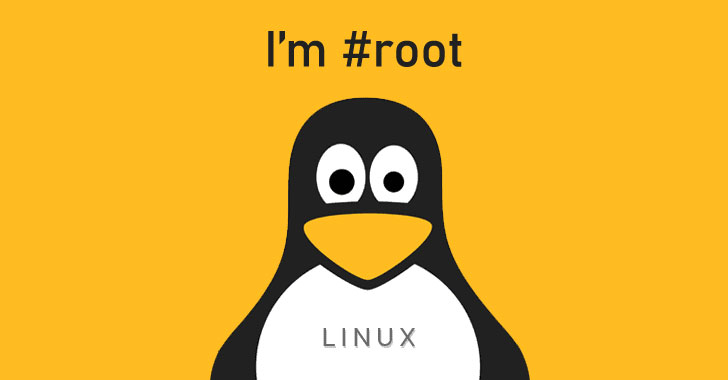
New Linux Bug in Netfilter Firewall Module Lets Attackers Gain Root Access
EPSS
Percentile
12.7%
A newly disclosed security flaw in the Linux kernel could be leveraged by a local adversary to gain elevated privileges on vulnerable systems to execute arbitrary code, escape containers, or induce a kernel panic.
Tracked as CVE-2022-25636 (CVSS score: 7.8), the vulnerability impacts Linux kernel versions 5.4 through 5.6.10 and is a result of a heap out-of-bounds write in the netfilter subcomponent in the kernel. The issue was discovered by Nick Gregory, a senior threat researcher at Sophos.
“This flaw allows a local attacker with a user account on the system to gain access to out-of-bounds memory, leading to a system crash or a privilege escalation threat,” Red Hat said in an advisory published on February 22, 2022. Similar alerts have been released by Debian, Oracle Linux, SUSE, and Ubuntu.
Netfilter is a framework provided by the Linux kernel that enables various networking-related operations, including packet filtering, network address translation, and port translation.
Specifically, CVE-2022-25636 relates to an issue with incorrect handling of the framework’s hardware offload feature that could be weaponized by a local attacker to cause a denial-of-service (DoS) or possibly execute arbitrary code.
“Despite being in code dealing with hardware offload, this is reachable when targeting network devices that don’t have offload functionality (e.g. lo) as the bug is triggered before the rule creation fails.” Gregory said. “Additionally, while nftables requires CAP_NET_ADMIN, we can unshare into a new network namespace to get this as a (normally) unprivileged user.”
“This can be turned into kernel [return-oriented programming]/local privilege escalation without too much difficulty, as one of the values that is written out of bounds is conveniently a pointer to a net_device structure,” Gregory added.
Found this article interesting? Follow THN on Facebook, Twitter and LinkedIn to read more exclusive content we post.
